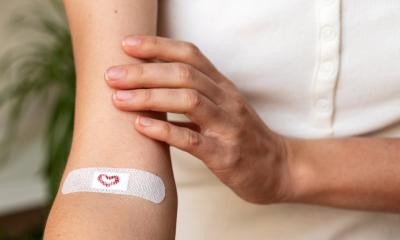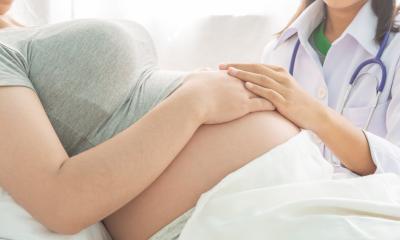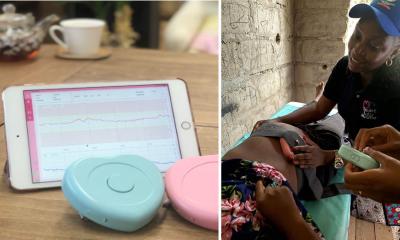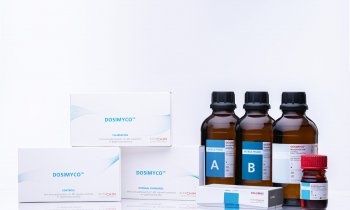Umbilical cord blood bank opens
The Anthony Nolan Trust Cord Blood Bank and combined research institute, opened in September at Nottingham Trent University, will store stem cells from the blood of newborn babies' umbilical cords as part of a multi-million pound project that aims to bank 50,000 cord bloods.

In the next few years, the charity aims to have 10 collection centres, with initial donations of umbilical cord blood by mothers delivering at London’s King’s College Hospital.
The country has had a National Health Cord Blood Bank for 12 years. This new centre builds on the Anthony Nolan Trust charity’s highly successful Bone Marrow Register of 400,000 potential donors, by offering a new source of stem cells to match an increasingly diverse population.
The charity first expanded into cord blood five years ago, by sourcing donations from overseas; last year it imported 70 cords for UK transplant patients. Of the 50,000 donations planned for storage by 2013, 20,000 will be suitable for transplantation, and 30,000 for research.
The Anthony Nolan Trust (http://www.anthonynolan.org.uk/) is a UK registered charity, founded in 1974, by Shirley Nolan, whose son suffered a life threatening congenital disease for which, at that time, the only known cure was a bone marrow transplant. In the absence of a compatible donor, Shirley Nolan focused on recruiting adult volunteers prepared to donate their bone marrow. Since then The Anthony Nolan Trust has given the chance of life to more than 5,000 patients in need of a transplant and today their register numbers nearly 400,000 people. The Trust’s research institute focuses on research to improve the outcome of stem cell transplants and the use of immune system modulation as a form of therapy.
Report: Mary Black
28.10.2008







